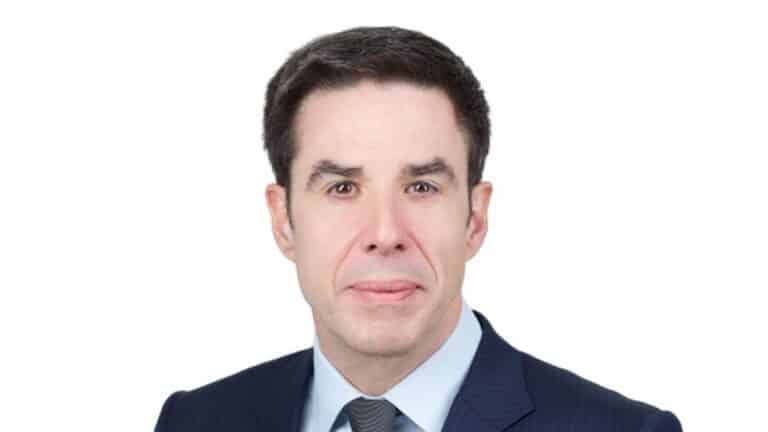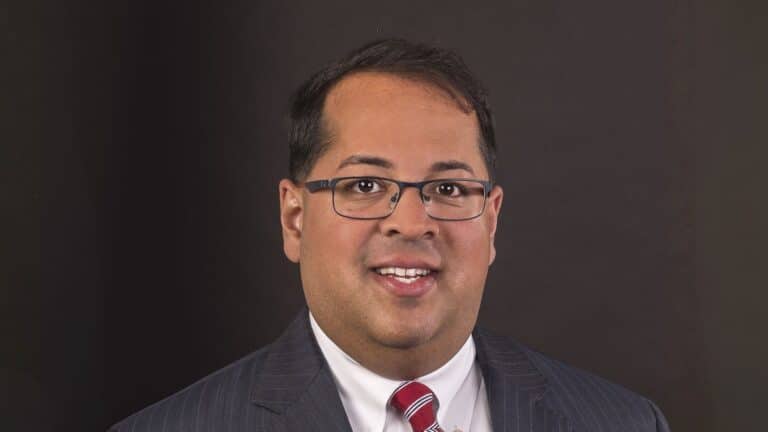This website uses cookies as well as similar tools and technologies to understand visitors’ experiences. By continuing to use this website, you consent to Columbia University’s usage of cookies and similar technologies, in accordance with the Columbia University Website Cookie Notice.
Protecting the U.S. Power Grid From Cyber Attacks
Guest
Marcus Sachs
Senior Vice President and Chief Security Officer, North American Electric Reliability Corporation
From a cyber attack this summer against at least a dozen power companies including the Wolf Creek Nuclear plant in Kansas, to continued assaults on Ukraine’s power grid by hackers, the need for increased cybersecurity measures to protect the grid and related components, like power generation, transition and distribution, has never been more real. Just this month the Trump Administration announced it is giving awards worth as as much as US$50 million to national laboratories for energy infrastructure resilience and cybersecurity projects.
To learn what these growing threats mean to the security of U.S. energy infrastructure, how well prepared private and public entities are for such attacks, and the role of public policy to prevent them, host Bill Loveless speaks with Marcus Sachs, Senior Vice President and Chief Security Officer for the North American Electric Reliability Corporation, a not for profit regulatory authority responsible for assuring the reliability and security of the power system in the U.S., Canada, and Mexico. Marc was a White House appointee in the George W. Bush administration, Vice President for National Security at Verizon, and he is a retired U.S. Army Officer and author of several books on information security.
More Episodes
Emmanuel Lagarrigue on Climate Investing Today
Investment in clean energy technologies is on course to hit a record $2.2 trillion this year, according to the International Energy Agency. That’s more than twice the amount...

Amy Harder on Climate and Energy Reporting
The national conversation around climate change is shifting. There’s more focus on energy affordability and demand, as well as on the dual role artificial intelligence plays as both...

In a Charged Environment, FERC Faces Demands for Energy
The Federal Energy Regulatory Commission (FERC) regulates the United States’ energy transmission, pipeline networks, and wholesale rates for electricity. For much of its history, FERC was a little-known...

World Energy Outlook 2025: Navigating Divergent Futures
Around the globe, and here in the United States, energy markets face huge uncertainties. They include everything from rising geopolitical tensions to a wave of new liquefied natural...

Relevant
Publications
Energy is the next battlefield
Without transatlantic alignment, we risk forfeiting the very advantages our alliance was built to protect.

Six Key Issues That Defined Climate Week 2025
CGEP scholars reflect on some of the standout issues of the day during this year's Climate Week

Put the Quad to Work On Energy Security
Each country in the alliance offers distinct strengths.

What the Conflict in the Middle East Means for China’s Natural Gas Supply Security
China’s dependence on the energy supplies that move through the Strait of Hormuz makes it especially vulnerable to any possible closure of the waterway by Iran in retaliation for attacks by Israel and the United States.


